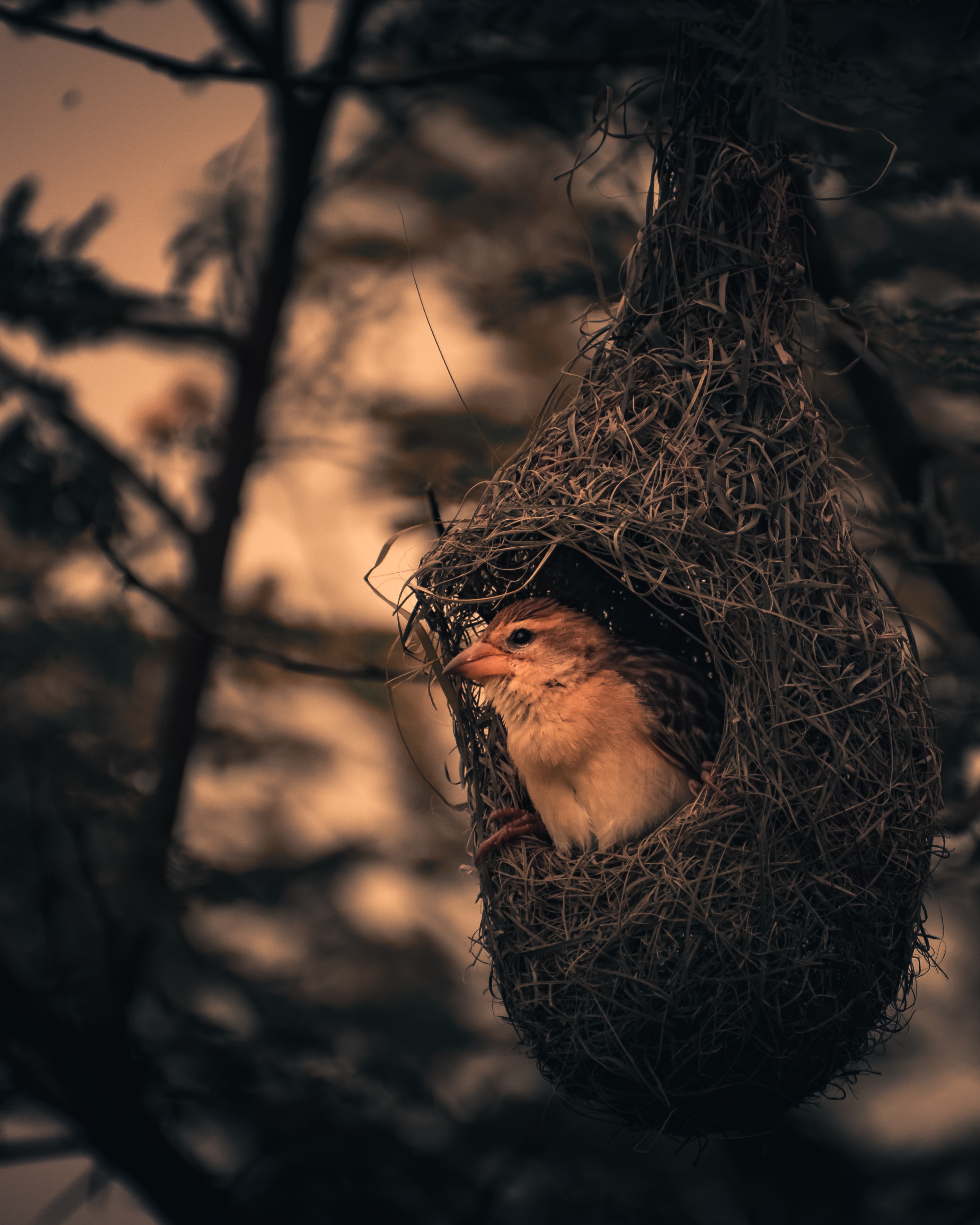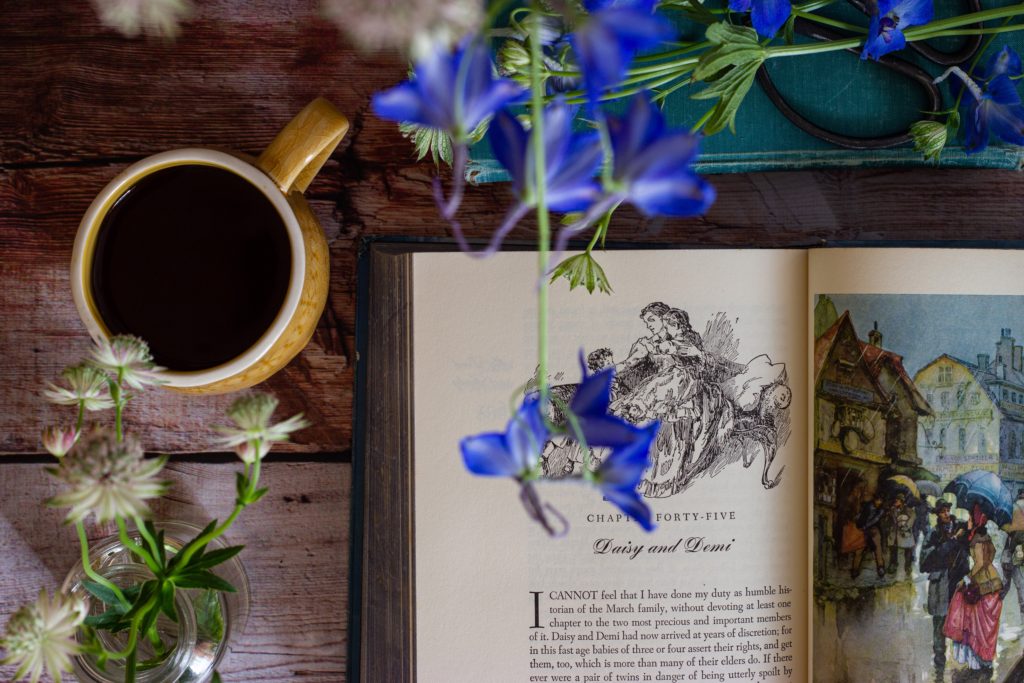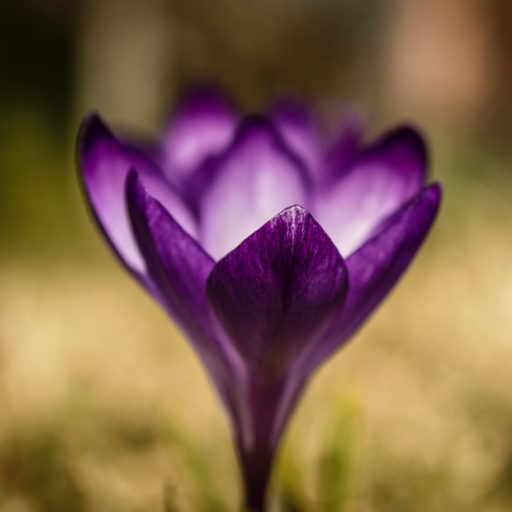Welcome to my blog!
I created this to house a collection of critical and creative writing pieces I have composed over the years, as well as to be an expanding space for new pieces I hope to write in years to come. I am an aspiring author, poet, and literary artist, but I know such titles don’t come without practice. And that is the purpose of this blog–to be a space for me to practice and grow as a writer.

“So long as you write what you wish to write, that is all that matters; and whether it matters for ages or only for hours, nobody can say.”
– Virginia Woolf, A Room of One’s Own
About the Blogger
I have been journaling consistently since I was eight years old, documenting experiences and observations as they came to me, and I’ve never stopped. I wrote my first short story in 6th grade, continued to write creative works sporadically but invested most of my time in analytical writing as I moved into high school and college. In 2019, I received a Bachelor of Science in English from a military academy, where I worked with many incredible professors to develop mostly analytical and some creative writing techniques. In 2020, I earned a Master of Arts in English Literature from the University of Texas where again, I expanded my experiences in analytical and critical writing.
My dream, however, is not to be a critic, but a creator. I want to write poetry and fiction, yet presently I have almost no experience in these arenas.
In the one and only creative writing class I took during my years in school, my professor posed the question —“why would you be an ornithologist when you can be a bird?” This metaphor struck me deeply, as I have spent years and years studying writers of poetry and fiction, but have never taken the necessary steps to becoming one myself.
And that is the purpose of this blog. I’ve been studying birds for a long time, and now I’d like to put all that away, to stick some feathers on my back (hopefully growing a few in the process), stretch my tiny wings and do what baby birds do–jump.

On this blog, you will find my fledgling attempts at creative writing, as well as a collection of critical pieces I have written on my journey thus far. I hope to expand my writing genres into areas like personal essays and meditations as well, and that is why I have included these categories. My overarching goal is to provide my mind with adequate space for developing creatively–and then to simply create in whatever form my young muse may inspire.
(In the sections below, I’ve included introductions to the various genres I explore in this blog–the whys and hows of my selections, and the various inspirations behind their composition. My hope is that they will provide broader context for the works found on this blog).
About the Critical Analyses
Although I would rather be a bird than an ornithologist, it seems that those who study birds may have the best chance of becoming one. So, I will offer what I have found through studying great writers and poets, and hope that someday all my admiration and insight may well lead to my own transformation and flight into the creative literary world.
Among the critical pieces gathered on this blog are observations of literary works from classical authors like Homer and Aristophanes; from Old and Middle English authors like the Beowulf Poet, the Pearl Poet, and Chaucer; from foundational English authors and poets like Shakespeare, Milton, Donne, Shelley, Blake and Wordsworth; from critical American authors like Frederick Douglass, Sojourner Truth, Mark Twain, William Faulkner, and Henry James; and from a variety of other authors edging into modernity, including Virginia Woolf, T.S. Eliot, Samuel Beckett, Salman Rushdie, Tom Stoppard, and Margaret Atwood, among many others.
My critical works are centrally observations and not critiques. I agree with Oscar Wilde’s sentiment that “The moment criticism exercises any influence, it ceases to be criticism.” I don’t wish to influence the works of others, nor to express an opinion that another person’s art should be changed. Rather, I seek to find what I can from the art they were inspired to create–to learn from their experiences and observations, applying them to my own. This is especially true as I find myself in a position with little authority to criticize because I have never written anything of consequence at present. Instead, I’ve chosen to follow the advice from Alexander Pope’s An Essay on Criticism, and leave the criticizing to those who are more qualified.
I hope that my observations from reading the great works of others serve to inspire and ignite further discovery.

“The moment criticism exercises any influence, it ceases to be criticism.”
-Oscar Wilde
About the Poems
I wrote my first poem when I was 7 years old in a home-made journal of construction paper. It was titled, “Poem,” and it was very creatively about writing a poem. While I don’t have it anymore to cite for accuracy, I do remember, even at that young age, recognizing the magic of expressing emotion through words. And in the moment when I penned its lines, I felt like I possessed the most elevated mind on earth. There is something magical about poetry.
My favorite era of English poetry is that which emerged during the Romantic Revolution, and my favorite poet from within that period is William Wordsworth. I admire him because of his belief in the necessary cohesion of both child-like wonder and a mature adult mind for the creation of poetry. As a child, nature was his writing instructor, and he learned all he needed to know merely by watching her through imaginative eyes. Of his childhood he wrote, “I would enshrine the spirit of the past for future restoration.” He believed that great poetry came through a mature mind recollecting past experiences. For when a child looks at a flower, she sees only life, beauty, and a world of wonder. When a poet looks at a flower, she recalls this childhood vision, but adjoins to it the mature knowledge of life and death, of beauty and pain, of wonder and experience, creating a deeply profound and beautiful image of the human condition.

“Thanks to the human heart by which we live,
– William Wordsworth, “Ode: Intimations of Immortality”
Thanks to its tenderness, its joys, and fears,
To me the meanest flower that blows can give
Thoughts that do often lie too deep for tears.”
This sentiment strikes deeply at my heart, as I, too, adored every moment I spent in nature as a child. It was a world of magic for me, even long after its magic had run dry for others my age. Like Wordsworth, I see nature as having been the tutor of my childhood imagination. While that crisp vision of wonder I felt has diminished inside me over the years, I hope to regain it through immersing myself in its memory.
This will be my life-long project.
“Poetry is the spontaneous overflow of powerful feelings: it takes its origin from emotion recollected in tranquility.”
-William Wordsworth, Preface to Lyrical Ballads
About the Short Stories
I fell in love with literature when I was sixteen. My high school English teacher tasked the class with reading Oscar Wilde’s novel, The Picture of Dorian Gray. And it changed my life. I had never before been so astounded by literary skill. His work to me was art, not just a story. And he, himself, was an artist, not just an author. I remain in constant awe of his eloquence, wit, and ability to capture human experiences in a way that any one can relate to and understand.
And I want to be able to do the same. To create stories that captivate and communicate simple truths of what it is (and always has been) to be human.
And what I dream of most of all is of being a historical fiction novelist. Of transporting and guiding eager minds through the questions, answers, and mysterious wonders of the past. Of brushing the dirt off the core of the human condition and decoding the ancient lines that define the human race.
But it is much too large a dream for me to carry out all at once.
So, to dip my toe into this ocean pursuit, I realized I must start small and short. These are my first attempts at writing fiction. Some are historical and some are not, but I hope through this endeavor of writing fiction in general, I will find the voice that will carry me on toward my dream.

“To bring the art to life in the storyline beckons the notion that we may lend our spirit to the work of our hands – that which is wrought in love has a living essence to it.”
– P. S. Lutz
About the Meditations
I’m inspired to write meditations because, in my estimation, they are merely glorified journal entries. Ponderings. Thoughts of the heart expressed in words. And I like to think. Yet, I do not claim to know the whole truth about any subject I think upon. On the contrary, I think I have a lot to learn. But I will ponder nonetheless, and perhaps my pondering will lead me to the truth. Isn’t that the point of meditations?
My favorite meditations are those by John Donne–the ones he penned as he was sick and, as far as he could tell, dying. This collection of his meditations is called Devotions Upon Emergent Occasions, and it was dedicated in 1624 to prince Charles, who would later become King Charles I of England.
In his famous entry, Meditation XVII, he draws attention to the fact that death must come for every person eventually, and that while we distantly hear of so-and-so who has passed away, we should rather intimately consider: a part of the human fragment to which I also belong has withered and died, and I feel it as profoundly as if it were my own death. “No man is an island,” he says, but “every man is a piece of the continent, a part of the main.” We are all connected by our human nature, and by the gift of life that each of us has been given, and that each of us must one day relinquish.
Walt Whitman expresses similar sentiments in his poem, “Crossing the Brooklyn Ferry” —
“It avails not, time nor place—distance avails not,
-Walt Whitman, Crossing the Brooklyn Ferry
I am with you, you men and women of a generation, or ever so many generations hence,
Just as you feel when you look on the river and sky, so I felt,
Just as any of you is one of a living crowd, I was one of a crowd,
Just as you are refresh’d by the gladness of the river and the bright flow, I was refresh’d“
Powerful ponderings like these, which Donne believed were fit for a future king, I believe are fit for all of us. And all would do well to learn from them, following in their footsteps. Perhaps these and future meditations cannot provide the whole truth of the metaphysical concepts we try to comprehend, but they can provide pieces of it, as they are all earnest cries of humans over centuries grappling with it. Every piece to this vast puzzle of the human condition matters. Every person’s thoughts matter. And it’s a wonder what can happen when we put them all together.

“Certain it is, that whosoever hath his mind fraught with many thoughts, his wits and understanding do clarify and break up in the communicating and discoursing with another; he tosseth his thoughts more easily; he marshalleth them more orderly; he seeth how they look when they are turned into words; finally, he waxeth wiser than himself; and that more by an hour’s discourse than by a day’s meditation.”
– Francis Bacon, Essays: XXVII — Of Friendship
About the Essays
When I think of essays, I imagine Francis Bacon’s Essays; Or Counsels Civil and Moral. While they are merely his opinions on various subjects of life, they do posses a sentiment of profound experience and arduous hours of contemplation that must have gone into composing them.
My favorite of his essays in this collection is “On Death,” where he expresses that it is likely death is equally as uncomfortable as birth, and we have already endured the latter. I found this simple thought revolutionary and surprisingly comforting as it has never before occurred to me in those terms.
While I recognize that essays do not offer certain truths, they do offer very informative opinions which others have spent hours, if not years, of their lives developing. And because of this, I believe there is a lot of value in them, which I hope to continue gleaning from others’s essays as I offer others my own compositions here.
My essays are not written with utter certainty. If there is one thing I have learned thus far in my life, it is that I hardly know anything at all. These works are, rather, my contemplations on matters of personal importance. On matters housed in the deepest parts of my heart. And on matters that seem better expressed in a genre where a more thorough and logical analysis is available.

“Together let us beat this ample field,
– Alexander Pope, An Essay on Man
Try what the open, what the covert yield;
The latent tracts, the giddy heights explore
Of all who blindly creep, or sightless soar”
A Side Note:
Many of my works carry hints and flavors of Christianity. I was raised within the religion, and subsequently I grew to know nothing else on earth more in-depth than I did the scriptures of the Bible and the tenets of that faith. Not that I really understood them. They were just the subjects I knew more about than anything else. I used to read the Bible every day through inexperienced eyes, taking every interpretive word of Christian authorities as the absolute truth, the word of God itself.
Since then, I have been severely burned by Christianity. Everything I thought I knew with certainty shattered before me. And I have been traveling (wandering is a more accurate term) on a journey toward reconciling what happened in my life in terms of my faith.
I still believe in the God of Love, and my most expansive source of knowledge is still biblical scriptures. It has always been, and is therefore still (although significantly changed) the lens through which I see the world.
The works I write through this lens are most often my attempts to reconcile with the Christian faith, to find the central truth of love woven all throughout it, and to understand it more clearly apart from the lies of legalism, self-righteousness, condemnation, control and abuse that have perverted it.
